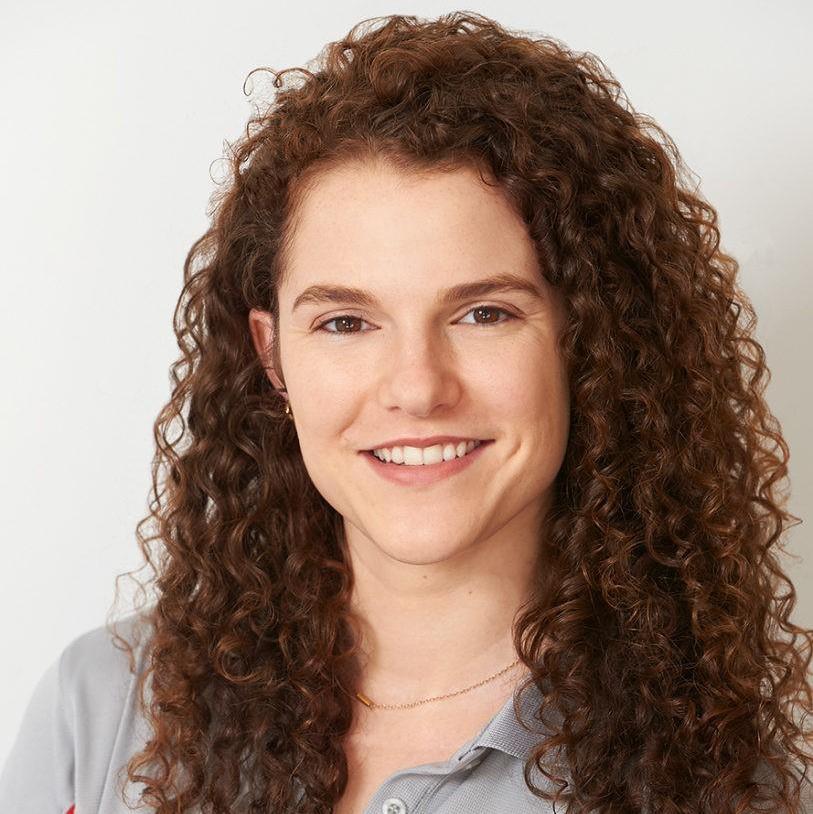Rebecca Carmel Stennett
Current role
Accredited Exercise Physiologist at Bodytrack Exercise Physiology.
What does your job involve?
I conduct assessments and implement exercise interventions for clients of all stages of health and life; from teenagers with acquired brain injuries, athletes with musculoskeletal injuries and elderly patients with osteoporosis and falls risk.
What do you love most about your job?
I love that in my role I provide an opportunity for people to fall in love with exercise. It has so many benefits beyond the physiological that every single person regardless of their age, health or goals can gain from. I love seeing my patients leave our session with a smile on their face.
What was your motivation to become an Accredited Exercise Physiologist?
My grandad. Following his diagnosis with prostate cancer he had a fall which resulted in a fractured hip and a quick deterioration in his health and quality of life. I had this gut feeling that exercise could help him but I didn't know how. So, I studied Exercise Physiology to find out.
What were the most valuable skills/experiences you gained during your UQ program?
I learned how to think critically and not take things on face value. When you graduate it is your responsibility to continue to learn. There is so much information out there and it can be difficult to know what to trust. UQ gave me the knowledge to think outside the box, to always be upskilling and to give the best care to my patients.
Why did you choose to study Clinical Exercise Physiology at UQ?
The University of Queensland appeared to me to value critical thinking and high standards unmatched by other universities. They expect the best of their students and as such, produce high quality practitioners.
What are your career goals for the future?
I hope to go on to do post-graduate studies in the field of Exercise Physiology and eventually become an academic with a specific focus in lecturing.
Learn more about the Clinical Exercise Physiology (Honours) program
